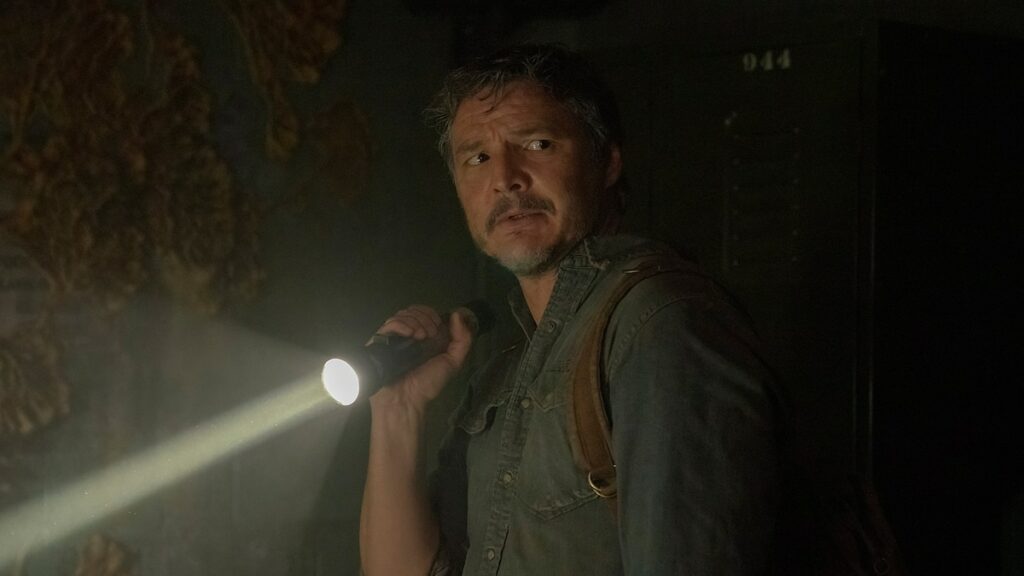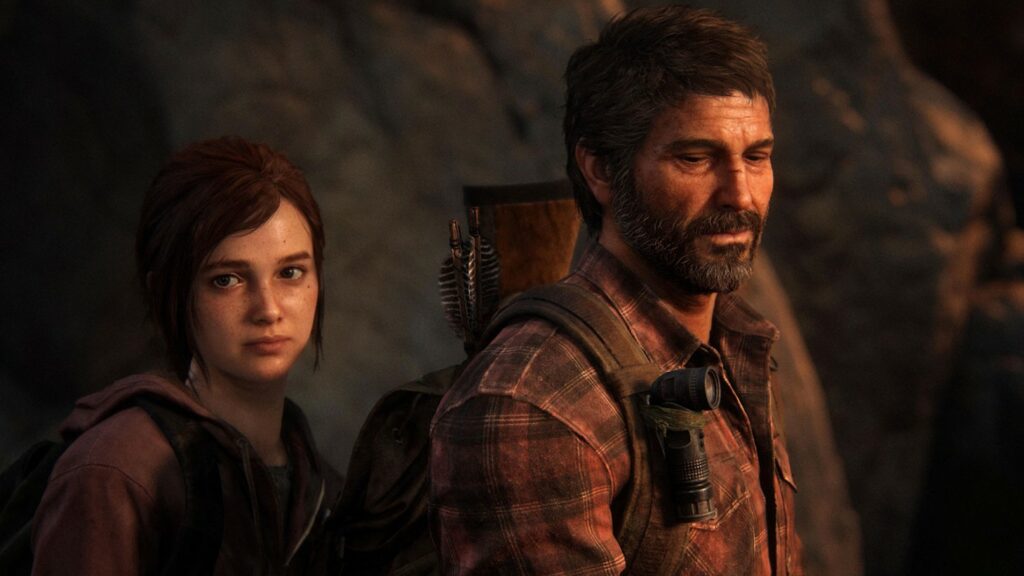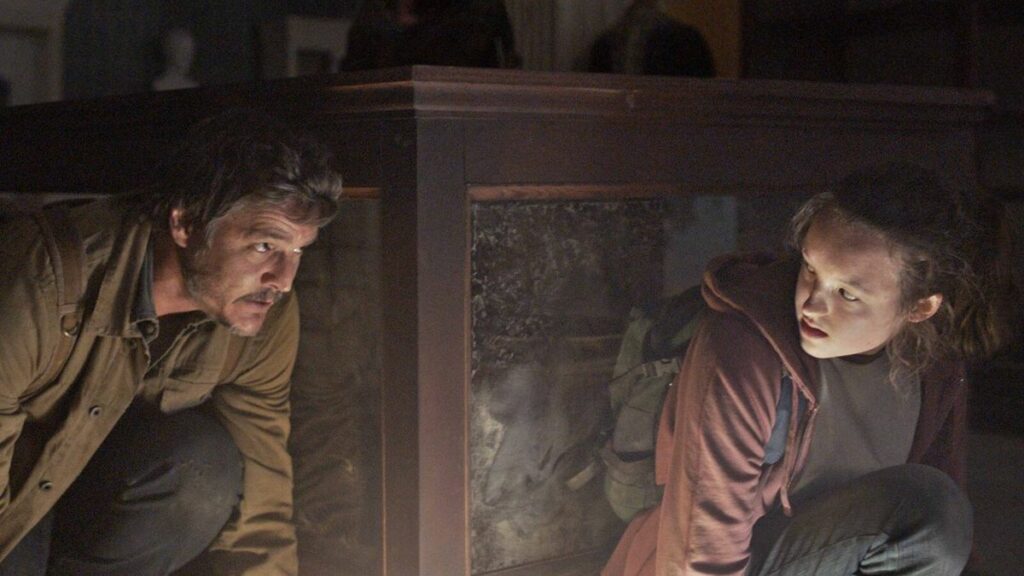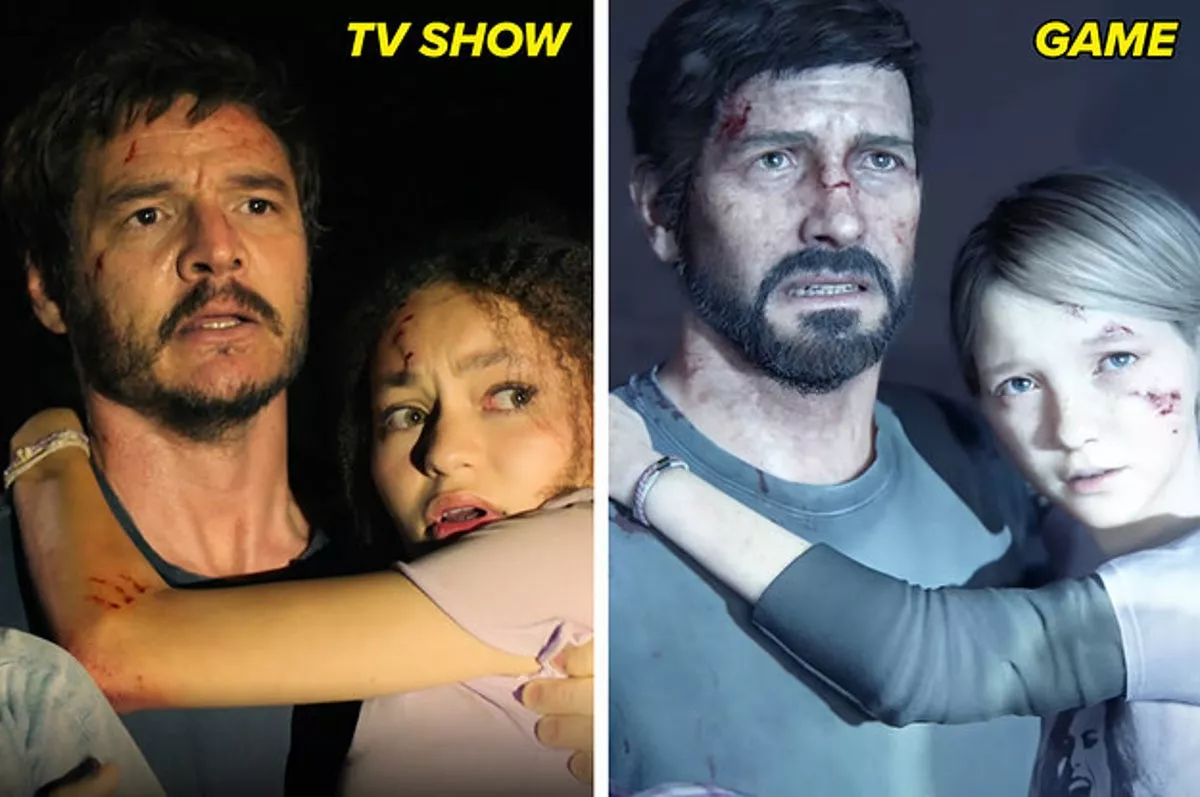This article contains spoilers for The Last of Us TV Series.
The Last of Us, released in 2013, is widely acclaimed for its exceptional narrative, making it a top-tier experience in the history of video games. Although many gamers have imagined the game’s potential adaptation into other media, the HBO series adaptation exceeded expectations, becoming the most exceptional live-action adaptation of a video game to date, likely to retain the title for quite some time.
Nevertheless, the question arises as to whether The Last of Us functions more effectively as a television show than as a video game. This might seem like an audacious claim, but even die-hard fans of the game have speculated that it would be an ideal fit for other forms of entertainment. Many agreed that it would make for a remarkable movie or series, given the right hands. Fortunately, the material was eventually entrusted to the capable hands of the series’ creators.
Why The Last of Us Works as a TV Series.
As for whether the adaptation is one of those rare instances where the show surpasses its source material, it’s a matter of debate. Here are a few viewpoints to consider.
The Last of Us is proving to be a successful TV series due to its freedom from the constraints of the game’s gameplay and storytelling. Despite receiving widespread acclaim upon its initial release in 2013, some critics believed that the game’s mechanics clashed with its narrative elements. While the game’s mechanics offered a more immersive experience than previous Naughty Dog games, some found that the shooting, stealth, looting, and crafting were less engaging than the game’s more cinematic story moments.
The issue of ludonarrative dissonance, which refers to the conflict between a game’s story-based narrative and its gameplay, is always a topic of controversy. While The Last of Us Part 2 and Uncharted are often cited as examples of this, the original Last of Us game also sparked a similar debate. Some fans and critics felt that the game’s constant action sequences were sometimes at odds with the more poignant moments of the story, such as death, loss, and sacrifice.
However, the Last of Us TV series benefits from the lack of gameplay mechanics that the game had. By not having to rely on constant combat encounters, the show avoids desensitizing viewers to the violence and allows the more significant moments of violence to resonate more deeply with the narrative. Compared to the games, the show features much less violence, making the violent scenes more impactful.
Although some may not like to hear it, what truly impressed me about the show was how it demonstrated that The Last of Us’ reliance on violence in gameplay may have been assumed rather than necessary. Surprisingly, significant parts of the game hold up well without prolonged action sequences, and in fact, they may benefit from their absence.
For instance, in the show, Joel’s decision to torture a man for Ellie’s whereabouts feels more impactful than it did in the game. This moment prompts us to question whether we are seeing Joel’s true character for the first time or if he is on the verge of losing it. While this was always the intended effect, it lands more effectively when it’s not preceded by hours of Joel relentlessly attacking similar-looking raiders.
But it’s not just a matter of subtracting gameplay elements to enhance the show’s impact. The show also introduces new material that would have been impossible to present in the game’s structure.

The third episode of the show provides a clear example of the new material being introduced, as it presents a fresh take on Frank and Bill’s story. In the game, it would have been challenging to convey this story without resorting to prolonged non-interactive cutscenes or discovering diary entries. However, the show effortlessly allows us to witness their thrilling adventure without the concern of when we will regain control of the situation.
While this could be applied to many shows and movies, it is a key reason why The Last of Us succeeds as a series. Notably, the show manages to incorporate concepts that remain faithful to the game, yet aren’t directly taken from it.
The show’s focus on worldbuilding is also a significant departure from the game’s approach, which it does in ways that were previously impossible or overlooked. For example, scenes involving two researchers deliberating doomsday scenarios in the 1960s, or a scientist in Jakarta gradually realizing that humanity has already reached the point of no return, expand the intimate core narrative of The Last of Us.
Furthermore, these scenes manage to enhance the core narrative elements without overshadowing the story of Joel and Ellie. The Last of Us show ambitiously expands the scope of the game’s story, giving us a broader view beyond the tunnel vision of their adventure. By doing so, the show uses the stories of other characters to illustrate why Joel and Ellie’s relationship and the choices they make or don’t make have a more significant impact, going beyond our emotional attachment to them.
There has been a long-standing debate about whether The Last of Us’ exceptional storytelling belonged to a different medium other than gaming. Although that may not be entirely accurate (which I’ll explain in a moment), it’s genuinely remarkable to see how well the show executes the game’s significant story beats, making them even more impactful than before. Unfettered by the game’s limitations, The Last of Us series masterfully retells the game’s astounding narrative while seamlessly weaving in new stories that are equally compelling. This is essentially what one would hope to see from an adaptation.
Why The Last of Us Works as a Game.

We’ve discussed the impressive feats that The Last of Us show achieved by breaking free from the constraints of the game. However, there are numerous achievements of the game that cannot be easily replicated in other forms of media. Among the top of that list is the masterful development of Joel and Ellie’s relationship throughout the game.
Some argue that the game’s best moments are found in the cutscenes, overlooking the interactive sequences that advance the bond between Joel and Ellie. These often unnoticed interactions, coupled with the incredible dialog exchanges, are crucial in building the relationship between the two characters.
It’s worth noting that there was a time when an “escort mission” was considered the most frustrating aspect of a game. Yet, The Last of Us is essentially one long escort mission, yet it’s one of the most critically acclaimed games ever made. At the start of the game, you might begrudgingly accept Ellie’s presence, just as you have with other escort missions in other games. However, as the game progresses, she’ll win you over and make you open up emotionally. This is because you’ll come to realize that she’s not just a helpless character that you’re tasked to escort, but a true partner in your journey.
n essence, you undergo the same emotional journey as Joel does in The Last of Us. Unlike other media that often draw motivation from the idea of personal failure, The Last of Us instills in you the fear of failing Ellie, which drives your motivation. Every setback, whether it comes from the narrative or the gameplay, brings you closer to Ellie and makes you feel connected to her, just like her bad puns.
Even if the show had focused more on Joel and Ellie instead of the side stories, it still wouldn’t have been able to replicate the bond that develops between the two characters throughout the game. The struggles they face together make their relationship grow, and you feel like you are a part of it too, especially when you are playing the game on its most difficult mode.
The infected are an essential part of The Last of Us formula, but the show’s portrayal of them or lack thereof didn’t make a significant impact on me. While they add to the story’s depth, like skipping the therapist scenes in The Sopranos, those who viewed The Last of Us as a “Dads vs. Zombies” simulator may have missed some of the subtleties.
Overall, I feel that the game did a slightly better job of utilizing the infected as a concept and storytelling device. This is largely due to the unique gameplay experience of battling or avoiding them, which draws you into the world and makes you feel like you are truly fighting for survival alongside Joel and Ellie.
Does “The Last of Us” Work Better as a TV Show or as a Video Game?

When it comes to assessing the merits of The Last of Us TV show and video game, the safe and obvious answer is that both mediums excel in their own ways. While it may be easier to persuade someone who has played the game to watch the show, both deserve recognition for their contribution to The Last of Us’ overall legacy.
If I had to choose, however, I would argue that The Last of Us works better as a video game. While the gameplay may not be flawless, with awkward shooting and frustrating stealth sections, it generates a constant sense of tension that enhances the story and characters. Joel’s fear of not being able to protect Ellie is amplified by his struggles with weapons and reloading, and the scarcity of resources reinforces the game’s survivalist themes.
Despite some criticism that the action sequences can contradict the game’s narrative themes, such as in The Last of Us Part 2, the original game’s shootout at the Firefly hospital highlights the complex motivations behind the characters and the difficult choices they face. Ultimately, while The Last of Us may not be perfect in terms of gameplay design or storytelling, its immersive participation and ability to generate tension make it a powerful testament to the power of video games as a storytelling medium.
To nitpick, I found that the show occasionally went out of its way to emphasize its messages. This may be due to the differences in storytelling that come with changing the medium, but sometimes it felt like the show was trying to “correct” the original game in unnecessary ways. While The Last of Us Part 2 did address certain themes more directly than its predecessor, those themes were already present in the original game, just approached differently. My main disappointment with the show was that it gave us glimpses of what a completely reimagined version of The Last of Us for television could be, but it didn’t fully commit to that idea.
Although the show and game share some unforgettable moments, I was surprised to find that many of the show’s best moments were unique to it. The third episode, which had a reimagined Bill and Frank storyline, was a stunning example of television storytelling that deviated from the source material while staying true to its spirit. I wished the show had more moments like that instead of trying to follow the games too closely in subsequent episodes, which felt jarring at times.
Initially, I was concerned that the show would not follow the game closely enough, but after seeing the third episode, I trusted the creative team’s abilities so much that I almost wished they had created a show of their own that was more in the style of The Last of Us, akin to what HBO did with Watchmen. While the show does a fantastic job of translating the game to another medium and reaching new audiences, it would have been better if it was allowed to be more of its own thing. Ultimately, this debate comes down to how The Last of Us is such an incredible piece of video game storytelling despite the fact that many argue that its best elements have little to do with its video game qualities.
